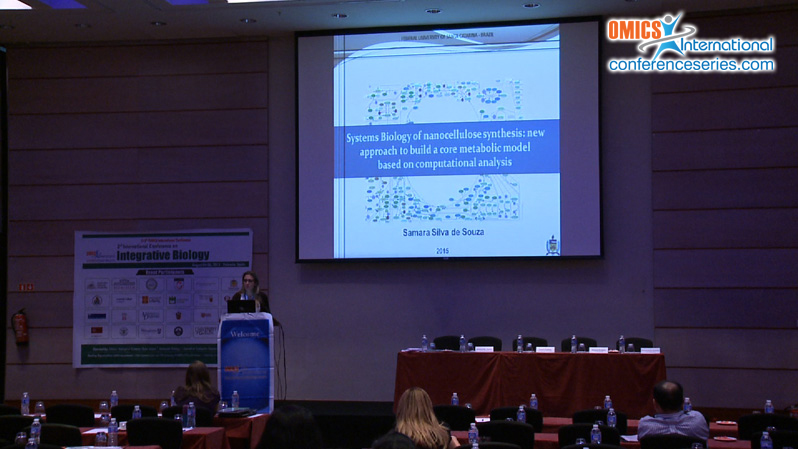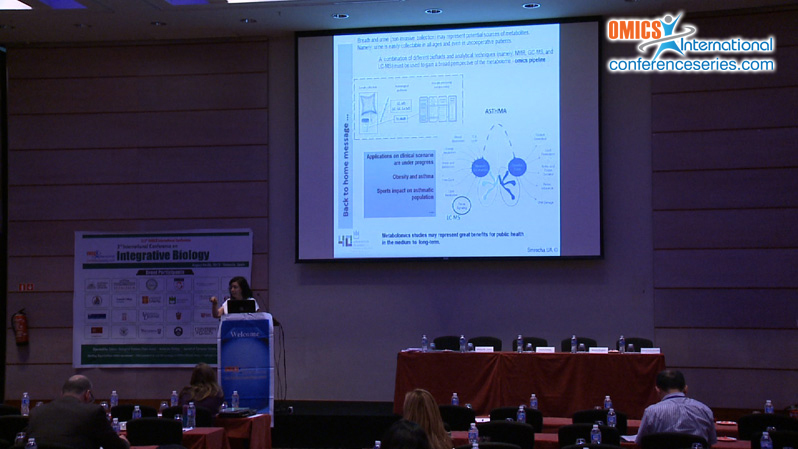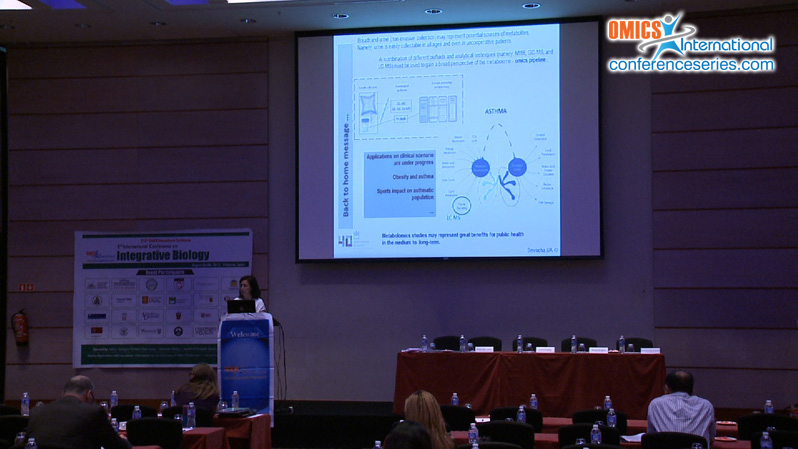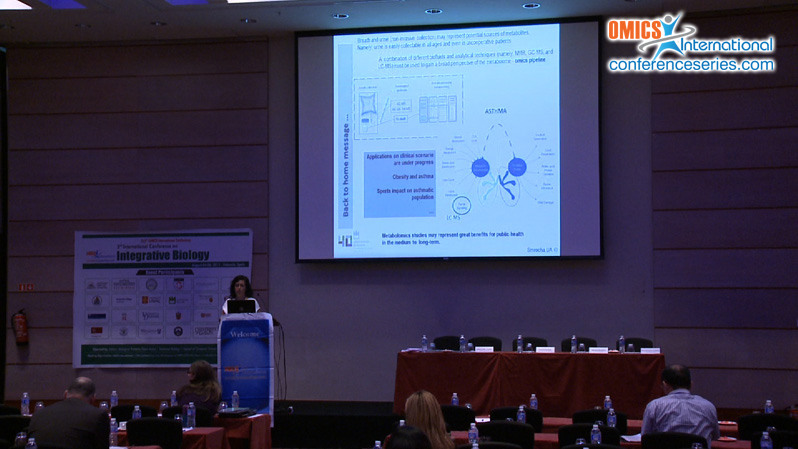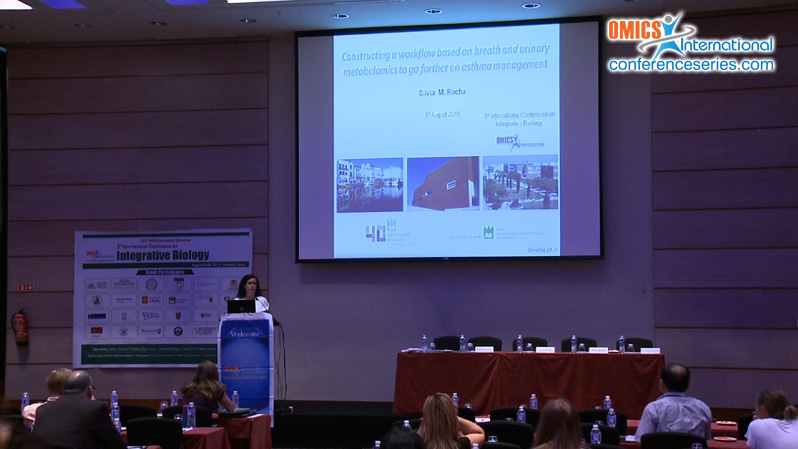
SÃlvia M. Rocha
Universidade de Aveiro, Portugal
Title: Constructing a workflow based on breath and urinary metabolomics to go further on asthma management
Biography
Biography: SÃlvia M. Rocha
Abstract
Breath and urinary-based metabolomics are centered on the capture, analysis, and establishment of metabolite biomarker patterns in humans, towards the development of platforms that may be used as tools in a broad spectrum of medical problems. Current developments confirm the potential of this upward trend in the development of rapid, low-cost and non-invasive real-time disease diagnostic tools. Advancements in sampling methodologies and an explosion in the diversity, versatility, and sensitivity of associated detection platforms have catalyzed the interest on the body fluid metabolomics studies. For instance, multidimensional gas chromatography (GC×GC-ToFMS) allowed to go forward on breath and urinary metabolomics towards the understanding asthma perturbations in humans. Asthma is a heterogeneous inflammatory disorder, which is now one of the commonest chronic disorders in the world, and it is also associated with high direct and indirect health costs, especially related with diagnosis and treatment. A particular emphasis in the talk will be placed on the more recent developments on breath and urinary asthma metabolomics towards disease management (diagnosis, disease status evaluation, follow-up therapy and personalized disease evaluation). Challenges associated with metabolomic workflow construction, namely those related to the complexity of biological samples, data acquisition and processing from high throughput techniques (NMR and multidimensional gas chromatography), and search for associations between the instrumental data and metabolic pathways or clinical parameters will be also discussed. Acknowledgments: Funding is acknowledged from the FEDER through the COMPETE Programme and from the FCT, Portugal, under projects PEst-C/QUI/UI0062/2013 (Research Unit 62/94 QOPNA), and PTDC/QUI-QUI/117803/2010.

